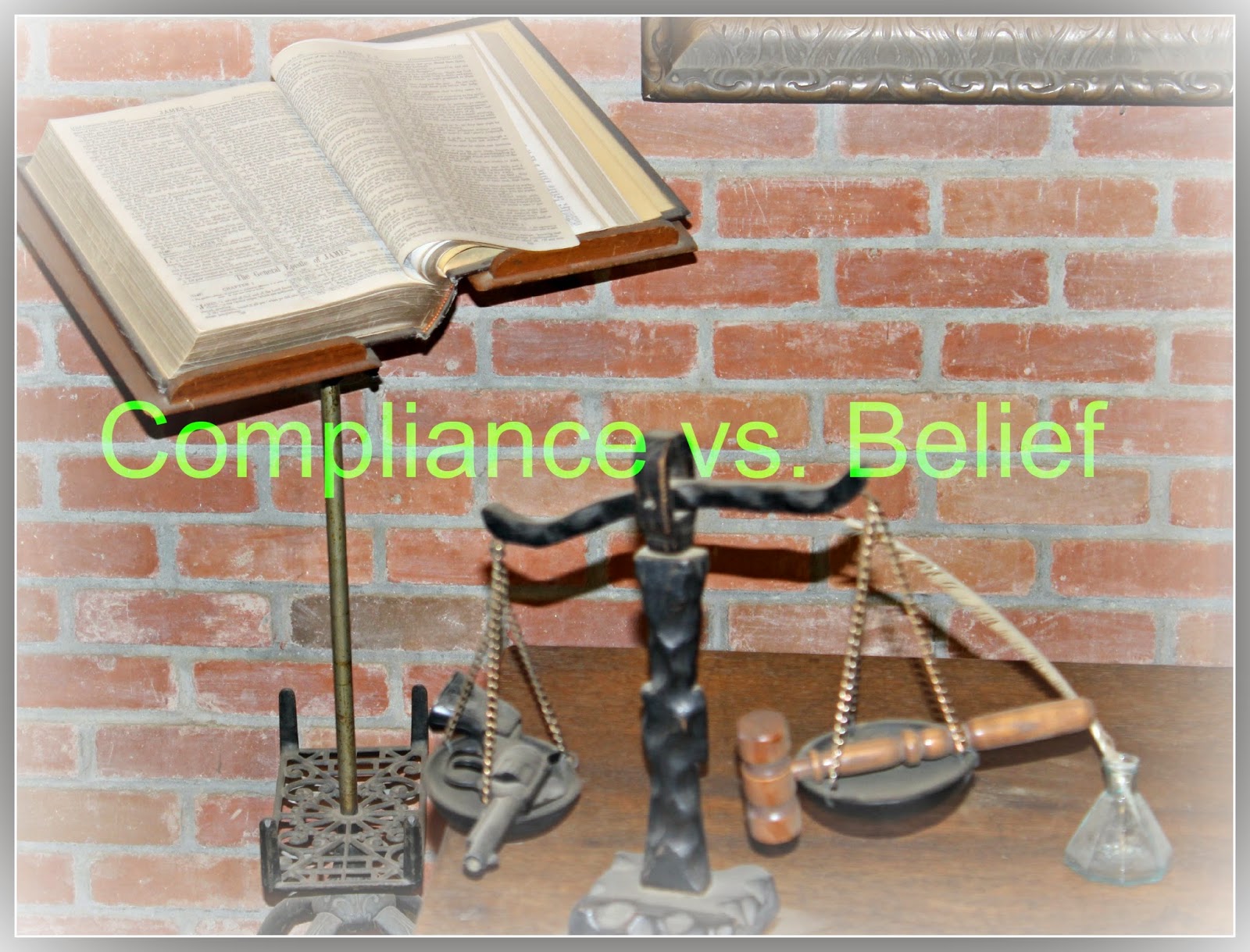Ethics training is offered in most workplaces
throughout the country in an effort to encourage compliance and the promotion
of values. The principles learned within a corporate training session may be
short lived without substantial cultural improvements that support appropriate
values. A study by Warren, et. al. (2014) delves into the success of such
corporate training to help determine whether they have real value or are only cosmetic
by nature. The report highlights the
need to provide further support for ethics through cultural improvements.
In a perfect world people will hold ethical values
regardless of the environment they traverse. The problem is we don’t live in a
perfect world and have to deal with issues related to human behavior,
motivation, and decision making. Corporate ethics training is designed to help
support ethical behavior in the workplace by providing information on
appropriate practices and avenues for reporting unethical behavior.
The Theory of Responsive Regulation attempts to
define regulations purpose and reach in influencing corporate decision making.
Self-regulation of behavior is most important and formal controls should only
be implemented when this self-regulation fails. A problem should exist before
regulatory constraints are needed to curb unwanted corporate behavior.
Training provides an avenue for formalizing
workplace expectations as well as providing information on its legal structure.
Strong programs are comprehensive and set a standard while weaker programs
simply provide material to show they complied with legal requirements. Too
often the benefits of these programs are short-lived as employees must deal
with other workers, bosses, and environmental challenges that do not
necessarily support ethical behavior.
The actual environment employees work and live
within will have the most profound impact on behavior as they must naturally
make decisions based upon the options currently available to them. Work places
that only pay lip service to ethics are unlikely to experience higher levels of
ethical behavior unless stronger values are implemented into the culture that
employees experience on a daily basis.
The
study found that within the first year of ethical training employees were able
to discern ethical from unethical behavior. In the second year they were able to discern
differences less but still maintained positive residual benefits of ethics
training. Corporate training should be followed by internalization of ethical
values systems through cultural adaptation to ensure that results are long
lasting. It is not enough to implement ethical training without adjusting the
environment to strengthen positive behavioral outcomes.
Warren, D. et. al. (2014). Is formal ethics training merely cosmetic? A study of ethics training and ethical organization culture. Business Ethics Quarterly, 24 (1).
Warren, D. et. al. (2014). Is formal ethics training merely cosmetic? A study of ethics training and ethical organization culture. Business Ethics Quarterly, 24 (1).


